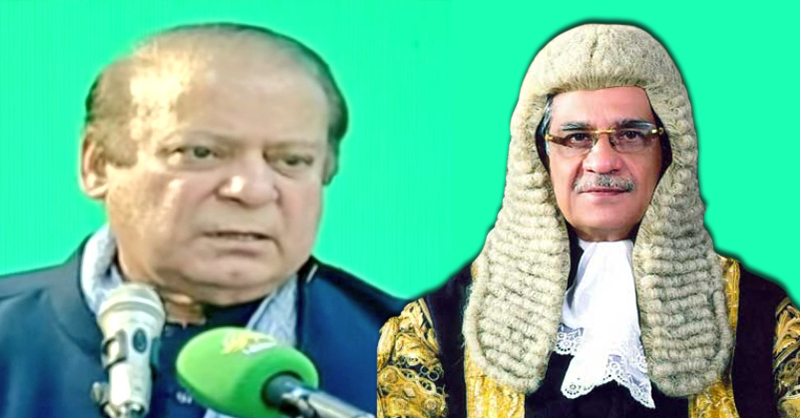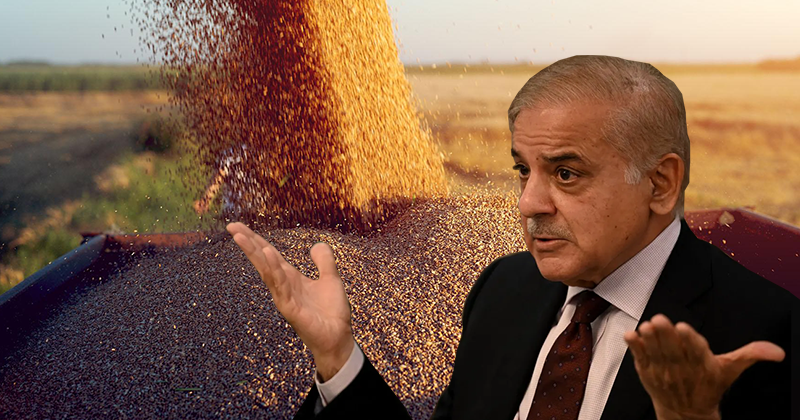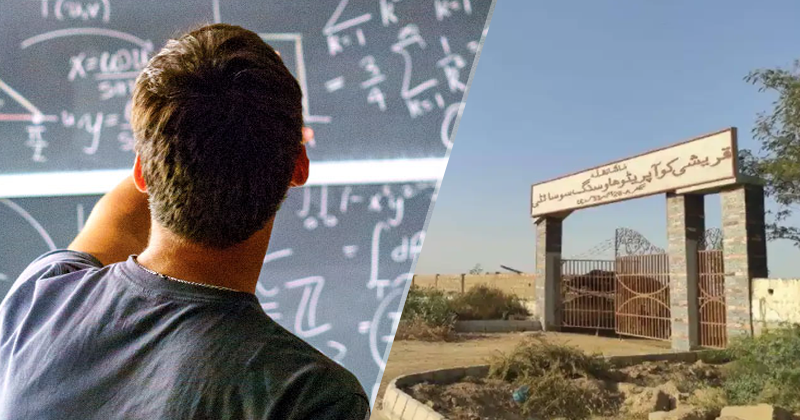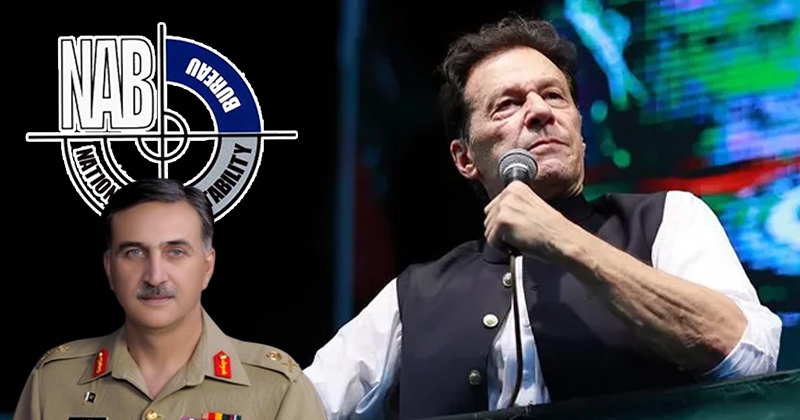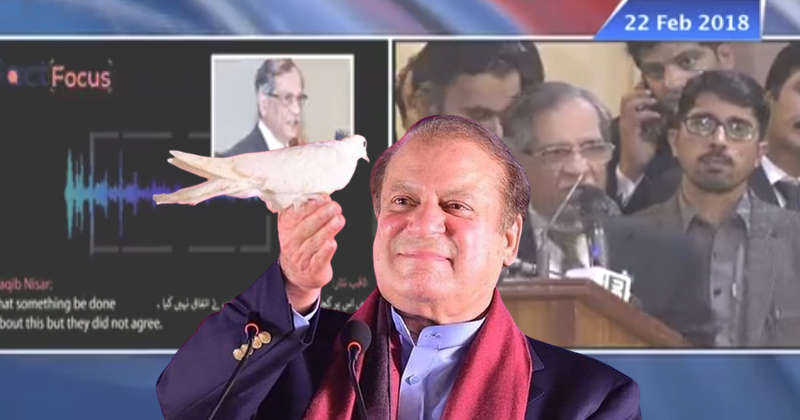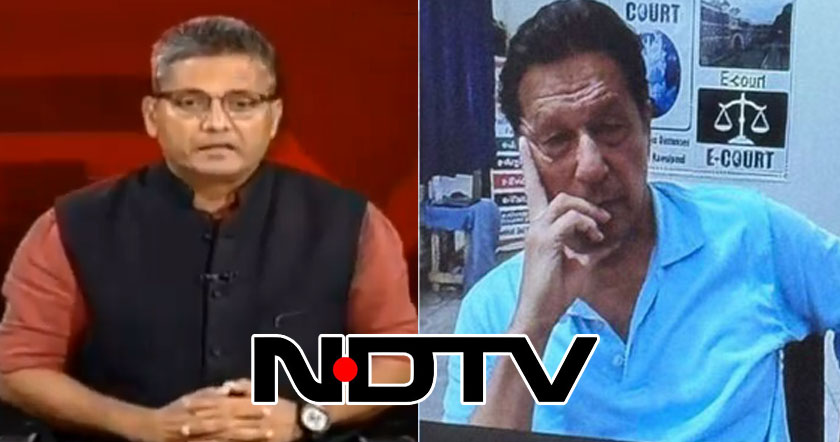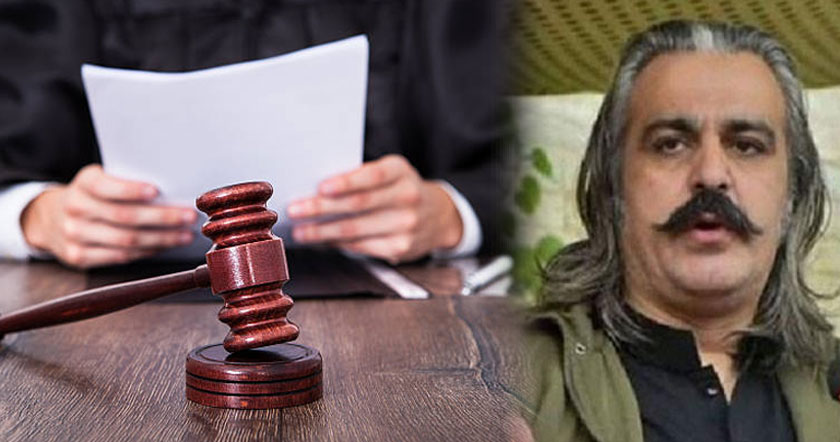Below I am quoting excerpt from the book " With the Quaid-e-Azam during his last days" written by his personal physician Col. Ilahi Baksh. His book was banned from 1949 to 1976. Every Pakistani must read what happened with Quaid in his last moments prior to departing from this world.
He landed at the Maripoor Airport at 4.15 and a great load was taken off my mind. As I got out of the plane, I saw the Military Secretary to the Governor-General, Colonel Knowles, standing by an ambulance but could see no nurse. It was rather warm at Karachi but not uncomfortable as there was a strong breeze. Inside the plane, however, it was stuffy, so we lost no time in shifting the Quaid-i-Azam to the ambulance. Miss Jinnah and the nurse from Quetta sat in the ambulance, while the Military Secretary, Dr. Mistry and I followed in the Governor-General's Cadillac. The luggage and the servants were in the truck behind us. We moved from the Airport to the Governor-General's House, a distance of about 9 to 10 miles, at a very slow speed.
We had hardly gone four miles when the ambulance stopped. Wondering what had happened, I got out and found that there had been a breakdown due to engine trouble. The driver assured us that he would soon put it right, but he fiddled with the engine for about twenty minutes, and the ambulance would not start. Miss Jinnah sent the Military Secretary to fetch another ambulance. Dr. Mistry went with him. It was very oppressive in the ambulance, and the Quaid-i-Azam was perspiring in spite of continued fanring by the nurse and the servants. We thought of removing him to the big car, but the stretcher could not be taken in and he was too weak to be propped up in the back seat. Besides, his clothes were wet with perspiration, and with a fairly strong breeze blowing there was risk of an exposure. I examined him and was horrified to find his pulse becoming weak and irregular. I ran to the truck and brought back a Thermos flask containing hot tea. Miss Jinnah quickly gave him a cup, and observed that it was the first time in the day that he had taken any nourishment, having so far refused everything except a few sips of fruit juice. I told her this was an encouraging sign. Except for the most distressing breakdown of the ambulance, everything had been going in the patients favour. What a catastrophe if, having survived the air journey, he were to die by the road-side. With mounting anxiety I examined his pulse again: the cup of tea having revived him, it was luckily stronger and more regular. I kept on looking distractedly towards the town, but there was no sign of an ambulance. Many trucks and buses were passing up and down, but none of them could be safely used. I felt utterly forlorn and helpless. After an excruciatingly prolonged interval the ambulance appeared at last. We quickly shifted the Quaid-i-Azam into the new ambulance and resumed our unhappily interrupted journey. The ambulance did not fly the Governor-Generals Flag, so nobody knew that the Quaid-i-Azam was being take in a critical condition through the streets of Karachi.
We reached our destination at 6.10, almost two hours after we had landed at the Mauripore Aerodrome. It is difficult to exaggerate our relief at the safe conclusion of a journey, which might have proved calamitous. I had put my faith in God, and He had looked after the Quaid-i- Azam. The ambulance was driven to the front of the Quaid-i-Azams room. He was brought in on a stretcher, and I helped in lifting him to his bed. The nurse took his temperature and pulse, and reported the one to be normal and the other to be regular. Having satisfied myself about his condition, I went to the Military Secretarys room and begged for a cup of tea. I had taken nothing since breakfast and was very tired and thirsty. I had a wash and took four cups of strong tea in quick succession. Going into the Quaid-i-Azams room a few minutes later, Dr. Mistry and I found him asleep. Dr. Mistry took leave for an hour to visit his house, and I asked Colonel Knowles to ring up Col. M. H. Shah to arrange for a night nurse and send an enema can with her. But Colonel Shah could not be contacted anywhere. We then rang up Colonel Saeed Ahmed Surgeon to the Jinnah Central Hospital, but having just started an operation, he was inaccessible. I then went myself to look for Col. Shah and bring the nurse and enema can with me. But he was neither at his house nor at the Hospital. Not wishing to disturb Colonel Saeed Ahmed in the middle of a major operation, I went to the Nurses Home, but found the matron out and no experienced nurse available. I felt exasperated and at a loss as to what to do. Everything had started going wrong from the moment we had landed at the Aerodrome. I wished I had insisted upon Miss Jinnah to bring the night nurse from Quetta, but how could I imagine it would be so difficult to find one at Karachi? I decided to go and hunt for Colonel Shah again. It was nearly 8 oclock, but he had not returned home. I met Dr. R. A. Shah at Colonel Shahs house, where he and his family were putting up, and sought relief of my overwrought nerves in cursing Karachi. At 8.20, I told him I could not wait any longer and would go back and see the Quaid-i-Azam before going to my hotel for dinner. He, however, proposed that we should go together at 9.15 when the usual injection was due, and in the meantime I could run up to the hotel and have my dinner. But I was feeling very uneasy and wanted to go to the Governor-Generals House first. I had no immediate anxiety about the Quaid-i-Azam, and he had not been left unattended, for Dr. Mistry would have been back at seven. Still I wished to satisfy myself so as to have my dinner with an easy mind. So I went directly to the Governor-Generals House and was pleased to find that the Military Secretary had succeeded in unearthing a nurse. At 8.30, I asked Lt. Mazhar to let Miss Jinnah know that I wanted to meet her to enquire about the Quad-i-Azams condition before going to the hotel to have dinner. I was told that he had been sleeping peacefully for two hours. After about fifteen minutes I enquired from the Military Secretary whether my message had been given to Miss Jinnah. He thought it must have been delivered but could not say why there was no reply. At 8.45, I told him that as everything appeared to be going well and as we were coming back a little later, I would rush off to my hotel for a quick dinner. I reached the Palace Hotel, where I was to put up, hurriedly had some food, and came out to telephone the Governor-Generals House for a car to take me back. Just then the Reception Clerk gave me an urgent message to ring up the A. D. C. immediately. I learnt on the telephone that the Quaid-i-Azams pulse had become irregular and that I was wanted immediately. I told the A. D. C. to send the car at once.
I was with the Quaid-i-Azam at 9.15, and on examining him found the pulse feeble and slightly irregular, and there was a cold sweat with cold extremities. Before exploring the cause I hastened to give him an injection of a heart tonic and ordered a circulatory stimulant to be given by mouth, but he could not swallow and the medicine dribbled out from the corner of his mouth. I then sent for bricks or blocks of wood to raise the foot of the bed and bandages for his legs to increase the flow of blood to the vital centres. It was difficult to find these things in the House, so I tried to lift the foot of the bed myself. The bed was extremely heavy and though I succeeded in lifting it up by about six inches or so, I could not maintain it for long.
Miss Jinnah tried to help me, but I requested her not to exert herself and get some books to be used in place of bricks. But all this made no appreciable improvement in the pulse. While I was thus frantically engaged, Dr. Mistry and Dr. Shah turned up. I asked Dr. Shah to inject the medicine in the vein. He, an expert in giving injections, however, failed, for the veins had collapsed. The oxygen was being given by the nurse before I arrived and was continued. Another attempt was made to give a heart stimultant by mouth, but the Quaid-i-Azam could not swallow it. We felt helpless.
After another injection of the medicine, I said reassuringly to the Quaid-i-Azam, Sir, we have given you an injection to strengthen you, and it will soon have effect. God willing, you are going to live. The Quaid-i-Azam shook his head and said faintly, No, I am not. These were the last words he spoke to anybody before he died about half an hour later.
He landed at the Maripoor Airport at 4.15 and a great load was taken off my mind. As I got out of the plane, I saw the Military Secretary to the Governor-General, Colonel Knowles, standing by an ambulance but could see no nurse. It was rather warm at Karachi but not uncomfortable as there was a strong breeze. Inside the plane, however, it was stuffy, so we lost no time in shifting the Quaid-i-Azam to the ambulance. Miss Jinnah and the nurse from Quetta sat in the ambulance, while the Military Secretary, Dr. Mistry and I followed in the Governor-General's Cadillac. The luggage and the servants were in the truck behind us. We moved from the Airport to the Governor-General's House, a distance of about 9 to 10 miles, at a very slow speed.
We had hardly gone four miles when the ambulance stopped. Wondering what had happened, I got out and found that there had been a breakdown due to engine trouble. The driver assured us that he would soon put it right, but he fiddled with the engine for about twenty minutes, and the ambulance would not start. Miss Jinnah sent the Military Secretary to fetch another ambulance. Dr. Mistry went with him. It was very oppressive in the ambulance, and the Quaid-i-Azam was perspiring in spite of continued fanring by the nurse and the servants. We thought of removing him to the big car, but the stretcher could not be taken in and he was too weak to be propped up in the back seat. Besides, his clothes were wet with perspiration, and with a fairly strong breeze blowing there was risk of an exposure. I examined him and was horrified to find his pulse becoming weak and irregular. I ran to the truck and brought back a Thermos flask containing hot tea. Miss Jinnah quickly gave him a cup, and observed that it was the first time in the day that he had taken any nourishment, having so far refused everything except a few sips of fruit juice. I told her this was an encouraging sign. Except for the most distressing breakdown of the ambulance, everything had been going in the patients favour. What a catastrophe if, having survived the air journey, he were to die by the road-side. With mounting anxiety I examined his pulse again: the cup of tea having revived him, it was luckily stronger and more regular. I kept on looking distractedly towards the town, but there was no sign of an ambulance. Many trucks and buses were passing up and down, but none of them could be safely used. I felt utterly forlorn and helpless. After an excruciatingly prolonged interval the ambulance appeared at last. We quickly shifted the Quaid-i-Azam into the new ambulance and resumed our unhappily interrupted journey. The ambulance did not fly the Governor-Generals Flag, so nobody knew that the Quaid-i-Azam was being take in a critical condition through the streets of Karachi.
We reached our destination at 6.10, almost two hours after we had landed at the Mauripore Aerodrome. It is difficult to exaggerate our relief at the safe conclusion of a journey, which might have proved calamitous. I had put my faith in God, and He had looked after the Quaid-i- Azam. The ambulance was driven to the front of the Quaid-i-Azams room. He was brought in on a stretcher, and I helped in lifting him to his bed. The nurse took his temperature and pulse, and reported the one to be normal and the other to be regular. Having satisfied myself about his condition, I went to the Military Secretarys room and begged for a cup of tea. I had taken nothing since breakfast and was very tired and thirsty. I had a wash and took four cups of strong tea in quick succession. Going into the Quaid-i-Azams room a few minutes later, Dr. Mistry and I found him asleep. Dr. Mistry took leave for an hour to visit his house, and I asked Colonel Knowles to ring up Col. M. H. Shah to arrange for a night nurse and send an enema can with her. But Colonel Shah could not be contacted anywhere. We then rang up Colonel Saeed Ahmed Surgeon to the Jinnah Central Hospital, but having just started an operation, he was inaccessible. I then went myself to look for Col. Shah and bring the nurse and enema can with me. But he was neither at his house nor at the Hospital. Not wishing to disturb Colonel Saeed Ahmed in the middle of a major operation, I went to the Nurses Home, but found the matron out and no experienced nurse available. I felt exasperated and at a loss as to what to do. Everything had started going wrong from the moment we had landed at the Aerodrome. I wished I had insisted upon Miss Jinnah to bring the night nurse from Quetta, but how could I imagine it would be so difficult to find one at Karachi? I decided to go and hunt for Colonel Shah again. It was nearly 8 oclock, but he had not returned home. I met Dr. R. A. Shah at Colonel Shahs house, where he and his family were putting up, and sought relief of my overwrought nerves in cursing Karachi. At 8.20, I told him I could not wait any longer and would go back and see the Quaid-i-Azam before going to my hotel for dinner. He, however, proposed that we should go together at 9.15 when the usual injection was due, and in the meantime I could run up to the hotel and have my dinner. But I was feeling very uneasy and wanted to go to the Governor-Generals House first. I had no immediate anxiety about the Quaid-i-Azam, and he had not been left unattended, for Dr. Mistry would have been back at seven. Still I wished to satisfy myself so as to have my dinner with an easy mind. So I went directly to the Governor-Generals House and was pleased to find that the Military Secretary had succeeded in unearthing a nurse. At 8.30, I asked Lt. Mazhar to let Miss Jinnah know that I wanted to meet her to enquire about the Quad-i-Azams condition before going to the hotel to have dinner. I was told that he had been sleeping peacefully for two hours. After about fifteen minutes I enquired from the Military Secretary whether my message had been given to Miss Jinnah. He thought it must have been delivered but could not say why there was no reply. At 8.45, I told him that as everything appeared to be going well and as we were coming back a little later, I would rush off to my hotel for a quick dinner. I reached the Palace Hotel, where I was to put up, hurriedly had some food, and came out to telephone the Governor-Generals House for a car to take me back. Just then the Reception Clerk gave me an urgent message to ring up the A. D. C. immediately. I learnt on the telephone that the Quaid-i-Azams pulse had become irregular and that I was wanted immediately. I told the A. D. C. to send the car at once.
I was with the Quaid-i-Azam at 9.15, and on examining him found the pulse feeble and slightly irregular, and there was a cold sweat with cold extremities. Before exploring the cause I hastened to give him an injection of a heart tonic and ordered a circulatory stimulant to be given by mouth, but he could not swallow and the medicine dribbled out from the corner of his mouth. I then sent for bricks or blocks of wood to raise the foot of the bed and bandages for his legs to increase the flow of blood to the vital centres. It was difficult to find these things in the House, so I tried to lift the foot of the bed myself. The bed was extremely heavy and though I succeeded in lifting it up by about six inches or so, I could not maintain it for long.
Miss Jinnah tried to help me, but I requested her not to exert herself and get some books to be used in place of bricks. But all this made no appreciable improvement in the pulse. While I was thus frantically engaged, Dr. Mistry and Dr. Shah turned up. I asked Dr. Shah to inject the medicine in the vein. He, an expert in giving injections, however, failed, for the veins had collapsed. The oxygen was being given by the nurse before I arrived and was continued. Another attempt was made to give a heart stimultant by mouth, but the Quaid-i-Azam could not swallow it. We felt helpless.
After another injection of the medicine, I said reassuringly to the Quaid-i-Azam, Sir, we have given you an injection to strengthen you, and it will soon have effect. God willing, you are going to live. The Quaid-i-Azam shook his head and said faintly, No, I am not. These were the last words he spoke to anybody before he died about half an hour later.














